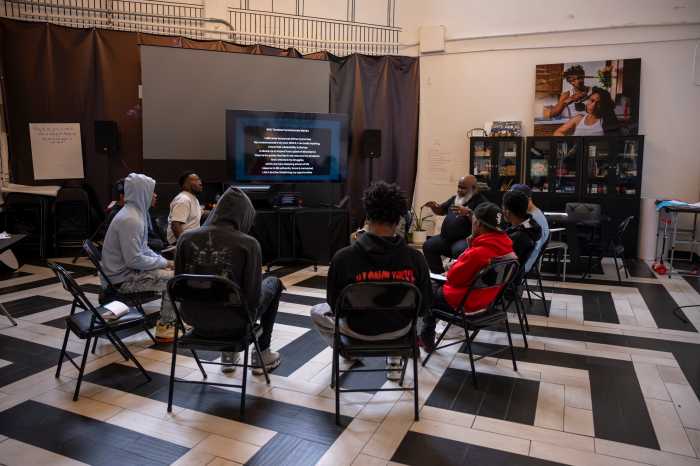It’s another Saturday night and I wake up from a snooze on the sofa to the sound of the front door. Looking at the clock, I realize my 17-year-old daughter is late getting home — again — but not by much. Within moments, she is in front of me for her required check-in. Home safe, all good.
Or is it?
I’m struggling with the importance of minor infractions to the rules and how to respond. In this case, my girl could lose a night out or have an earlier curfew for a weekend. Both would make sense and are measured, reasonable reactions.
Looking at the bigger picture, though, I don’t want to punish her when, overall, she’s doing well. School reports are good, homework gets done, she lets me know where she is and what she is doing. Maybe most important of all, she isn’t stumbling in from her nights out with bloodshot eyes, reeking of various substances. What’s the big deal if she’s 15 or 20 minutes late on a weekend or vacation night?
Following this line of thought leads me towards giving up on rules altogether. As long as she’s doing what she needs to — school, home, activities — let her run her own life, right? I’ll step in if she starts to fall apart.
Except I can’t go there.
I believe in rules, even for a junior in high school. Well, especially for a junior in high school! My teenager is mostly a rational, thoughtful, sensible human being, but there are definitely situations where her judgment is lacking and my directives give her guidance. Rules and parents are a training ground for the rest of her life. Jobs, roommates, college; so many situations have regulations and requirements attached, and if she thinks they are always malleable then she’ll be in big trouble.
There’s also what I call broken windows parenting — staying on top of the small stuff to keep the big problems from forming. I’m sympathetic to this perspective, but I worry being too rigid and unyielding about every rule would only push my daughter to hide whatever she is up to.
Thinking back to when she was little, I remember a piece of advice I took to heart: only make rules you are willing to enforce.
That was good advice when it came to the playground or birthday parties but now, somehow things seems different. I can reason with an adolescent in a way I couldn’t with a toddler so I want to make a fair accommodation, help her understand there is some flexibility without totally gutting the importance of a rule.
I suppose, too, I don’t want to always be the bad guy. We negotiate and struggle over enough requirements as it is, why add another to the list if I don’t have to?
If rules are, in part, lessons, then I think my best approach is to tell her where the line is and how much room she has before the consequences kick in.
I can already hear her asking, “What if there’s a problem with the subway? What if I call and ask? What if…?”
And I’ll respond, “Sorry kid. A rule’s a rule, mostly.”

























